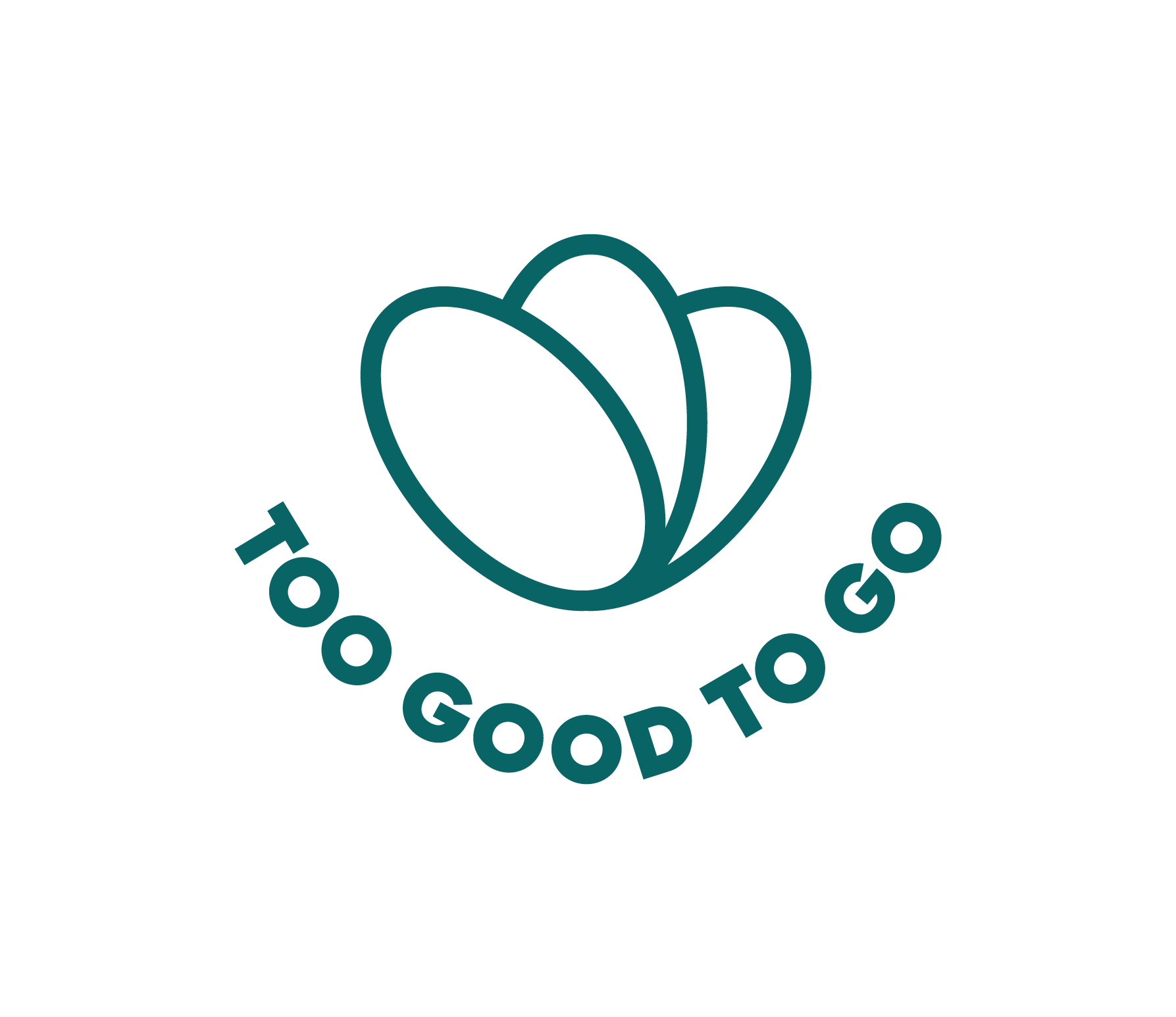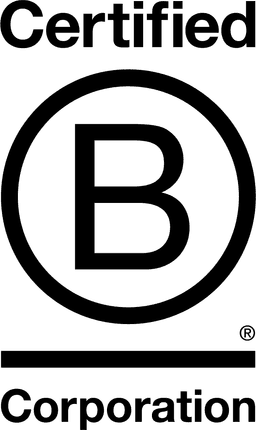

Too Good To Go ApS

Capital Region of Denmark, Denmark
December 2019
Mobile applications
Service with Minor Environmental Footprint
Austria,
Belgium,
Canada,
Czech Republic,
Denmark,
France,
Germany,
Ireland,
Italy,
Netherlands The,
Norway,
Poland,
Portugal,
Spain,
Sweden,
Switzerland,
United Kingdom,
United States
Too Good To Go is a certified B Corp social impact company, on a mission to inspire and empower everyone to fight food waste together. Since its launch in 2016, Too Good To Go has helped to save over 300 million meals from going to waste, the equivalent to avoiding 810,000 tonnes of CO2e, 243 billion litres of unnecessary water use and 840 million m2 of land use per year. 40% of all food produced is wasted every year, contributing to 10% of all greenhouse gas emissions (WWF, 2021). According to Project Drawdown (2020), reducing food waste is the number one action you can take to help tackle climate change, by limiting the temperature rise to just 2˚C by 2100. With 90 million registered users and 155,000 active partners across 17 countries across Europe and North America, Too Good To Go operates the world's largest marketplace for surplus food. Too Good To Go believes that businesses should be a force for good. That’s why the company seeks to have a positive impact on the planet through their business operations as well as their commercial solutions. Too Good To Go partners with carbon accounting firm Plan A and leading food system sustainability expert Mérieux Nutrisciences | Blonk, to measure and mitigate its impact on the environment, society and other businesses in its
Overall B Impact Score
Governance 21.8
Governance evaluates a company's overall mission, engagement around its social/environmental impact, ethics, and transparency. This section also evaluates the ability of a company to protect their mission and formally consider stakeholders in decision making through their corporate structure (e.g. benefit corporation) or corporate governing documents.
What is this? A company with an Impact Business Model is intentionally designed to create a specific positive outcome for one of its stakeholders - such as workers, community, environment, or customers.
Workers 25.6
Workers evaluates a company’s contributions to its employees’ financial security, health & safety, wellness, career development, and engagement & satisfaction. In addition, this section recognizes business models designed to benefit workers, such as companies that are at least 40% owned by non-executive employees and those that have workforce development programs to support individuals with barriers to employment.
Community 21.7
Community evaluates a company’s engagement with and impact on the communities in which it operates, hires from, and sources from. Topics include diversity, equity & inclusion, economic impact, civic engagement, charitable giving, and supply chain management. In addition, this section recognizes business models that are designed to address specific community-oriented problems, such as poverty alleviation through fair trade sourcing or distribution via microenterprises, producer cooperative models, locally focused economic development, and formal charitable giving commitments.
Environment 5.8
Environment evaluates a company’s overall environmental management practices as well as its impact on the air, climate, water, land, and biodiversity. This includes the direct impact of a company’s operations and, when applicable its supply chain and distribution channels. This section also recognizes companies with environmentally innovative production processes and those that sell products or services that have a positive environmental impact. Some examples might include products and services that create renewable energy, reduce consumption or waste, conserve land or wildlife, provide less toxic alternatives to the market, or educate people about environmental problems.
Customers 18.3
Customers evaluates a company’s stewardship of its customers through the quality of its products and services, ethical marketing, data privacy and security, and feedback channels. In addition, this section recognizes products or services that are designed to address a particular social problem for or through its customers, such as health or educational products, arts & media products, serving underserved customers/clients, and services that improve the social impact of other businesses or organizations.
What is this? A company with an Impact Business Model is intentionally designed to create a specific positive outcome for one of its stakeholders - such as workers, community, environment, or customers.